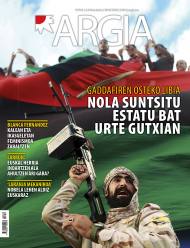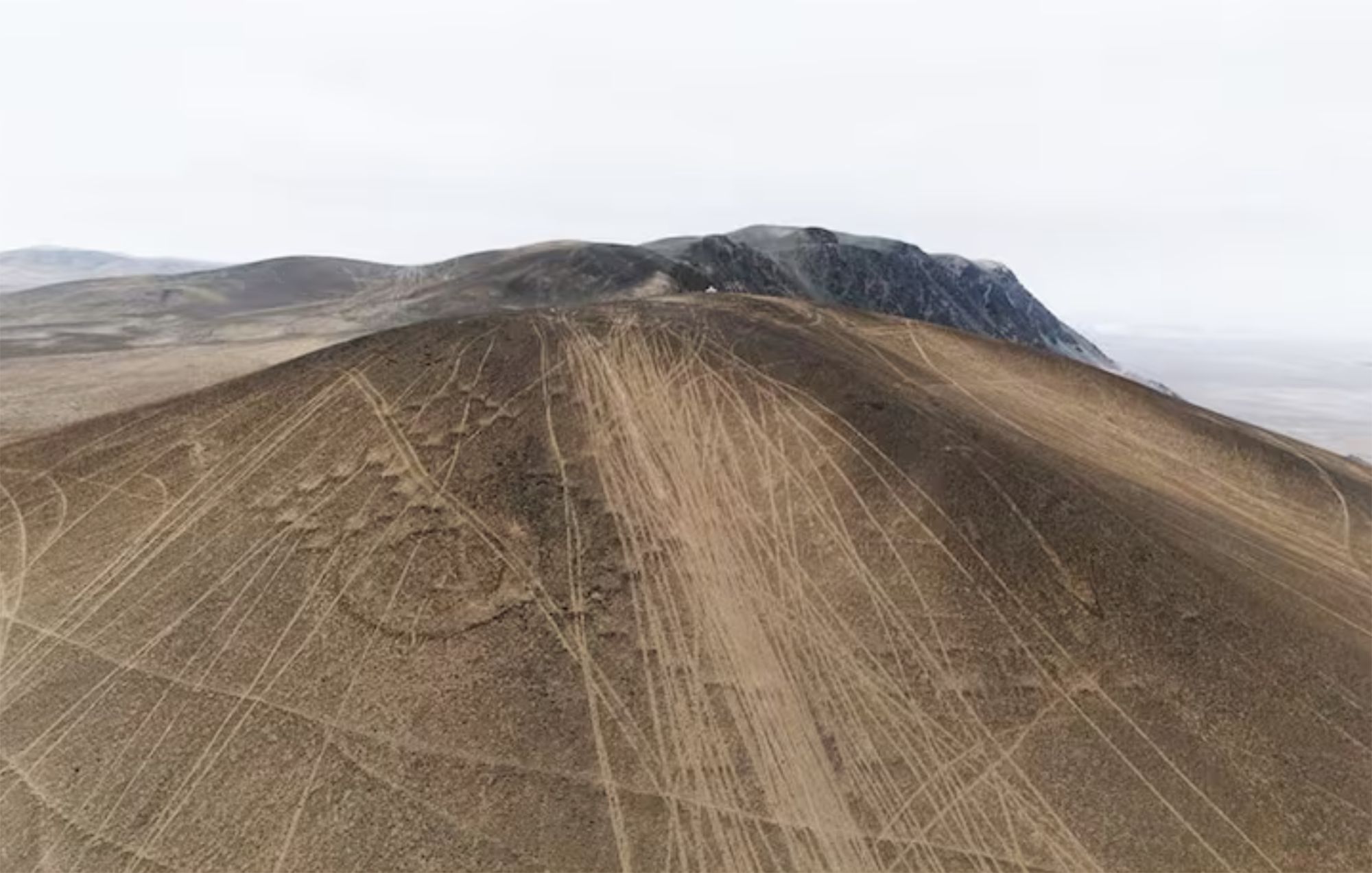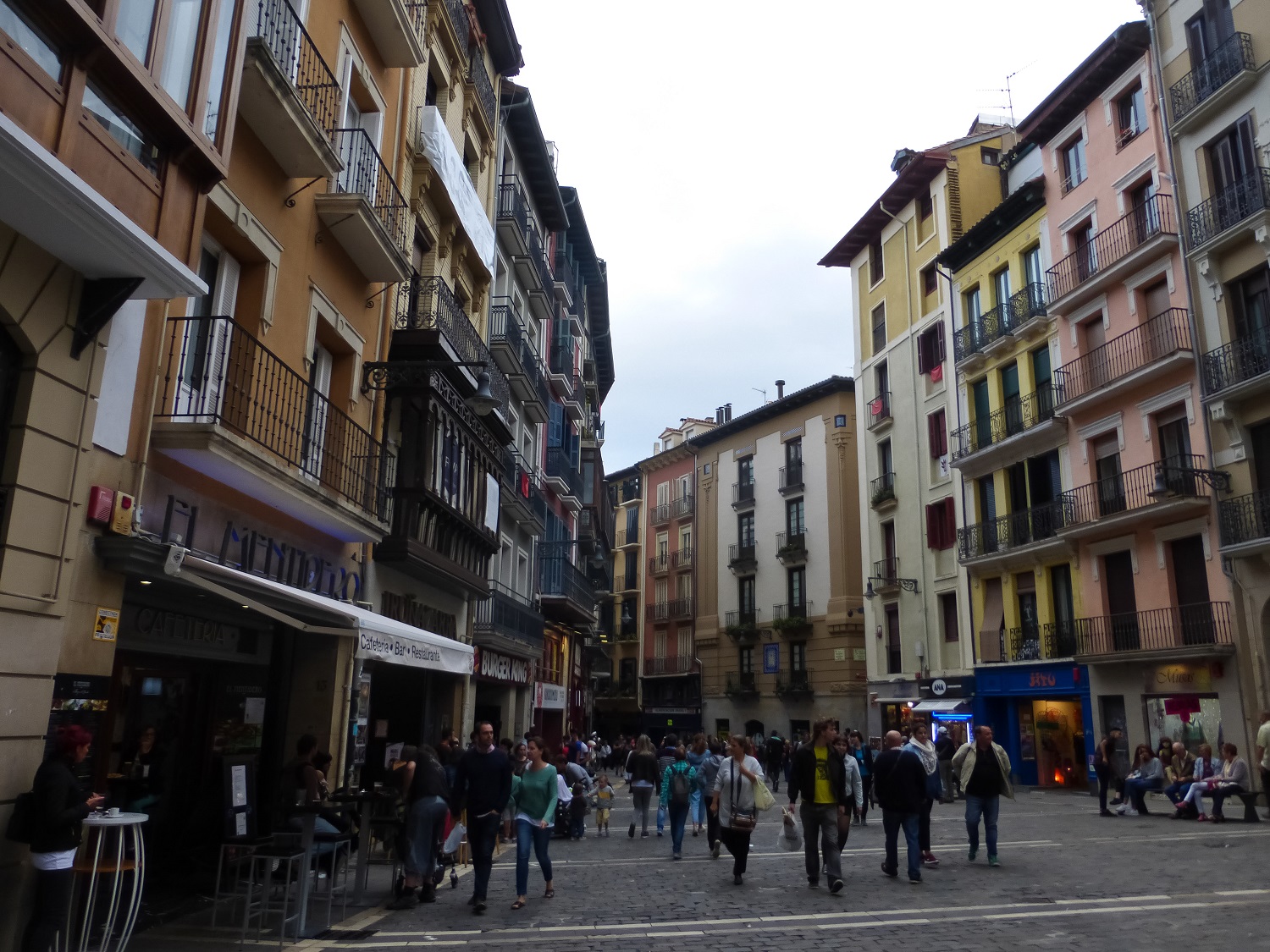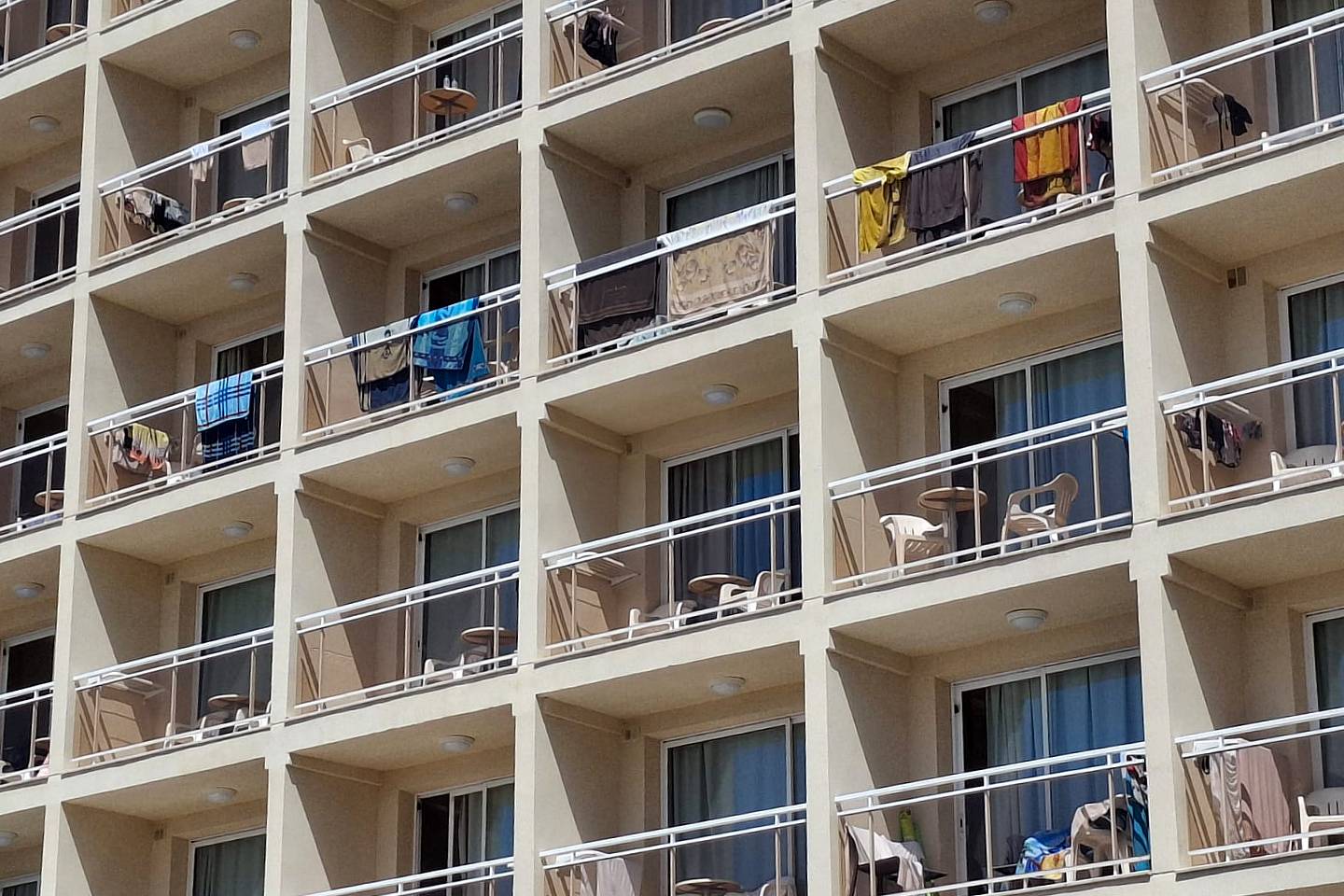"Tourism cannot be sustainable in any way"
- Tot Inclòs started publishing annually a monograph on the damage of tourism in the Balearic Islands in 2014, and after four copies, they all went to the screen, Tot Inclòs. Danys i conseqüències de turisme a casa nostra. It premiered on September 27 in Palma, on International Tourism Day, after a year and a half of work financed by the project through the Goteo platform. The first projections outside the Main Archipelago were made in Bilbao and Donostia-San Sebastián. The collective Hotel + Ez and some members of Tot Inclòs presented the work at the Casa del Guarda de Urgull. With two of them, Bernat Amorós and Jaume Mesquidam told us about the Balearic tourist destination.
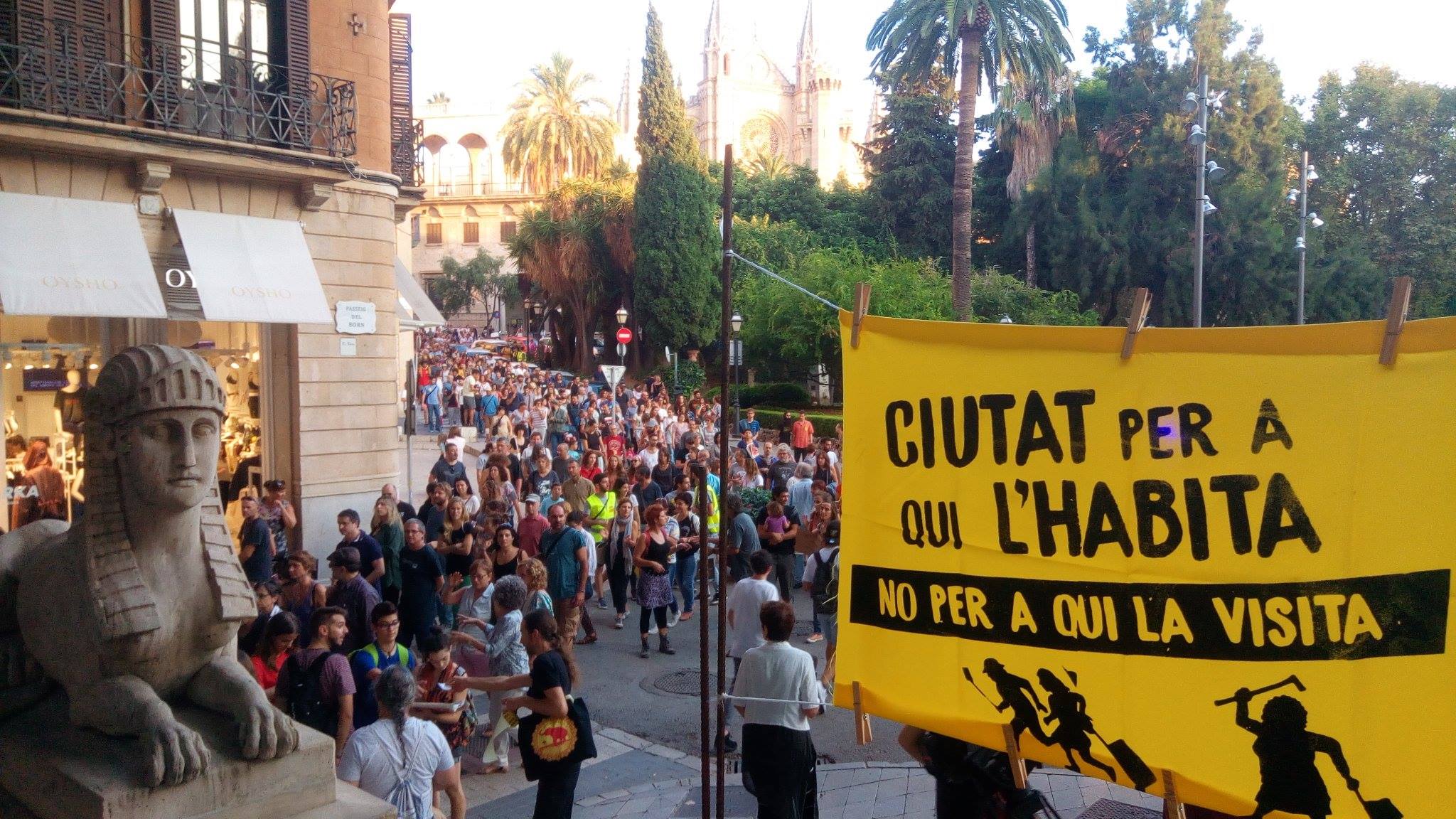
Why have you jumped from paper to audio-visual?
Bernat Amorós: We thought that if we took what we did on paper to the screen, it would reach more people, we wanted to create a popular debate. And it's being created, because in all the presentations we've made, the rooms have been filled.
What do you want to get with the documentary?
Doctor B. Amoros: We want to break the social consensus on tourism, create our own discourse and incorporate it into popular movements. We want people to get angry and for that we have shown in the documentary objective data and personal experiences.
You have come to Bilbao and Donostia to present your work. Have you perceived similarities between the situations of the Balearic Islands and the Basque Country?
Doctor B. Amoros: We see similarities in the defence of the tourism industry for “quality tourism”. The presence of people benefiting from tourism does not justify the consumption of resources, territory and place of residence. Tourism will never be sustainable; it is one of the most influential industries in climate change, the one that consumes the most water, the one that occupies the most land and the one that needs the most of precarious jobs. In Donostia it is noteworthy that the gentrification mechanisms are the same: transformation of shops, replacement of accommodation by tourist rentals, etc. The most notable differences are observed in the opposition: there is an associative network and a tradition of struggle that does not exist in Mallorca.
Jaume Mesquida We would advise you, we know how far this road can go, do not reach the point where we are, do resistance.
How did we get here? The documentary mentions that Balearic tourism has a Francoist origin.
Doctor B. Amoros: The Mallorcan tourism industry served the Francoist State to access the international capitalist market. The United States and the World Bank invested millions to finance the airport of Palma, which was disproportionate to a territory like Mallorca, and which is in fact the busiest in Europe. The international market used Mallorca, without training workers, as an instrument for obtaining foreign exchange, thus giving profitability to the Franco regime, removing it from the autarkic situation after the War of 1936. We are not aware of the extent to which we have been a key territory for 20th century capitalism. Tourism is proof of the ability of capitalism to adapt to the territories in this need for survival.
J. Mesquida: Mallorca has been an experiment. The transition from the rural world to ever-growing tourism has worsened in the last two years. We make a criticism difficult to digest, because tourism is very hegemonic and we seem to be biting the hand that gives us food, but we have to do pedagogy.
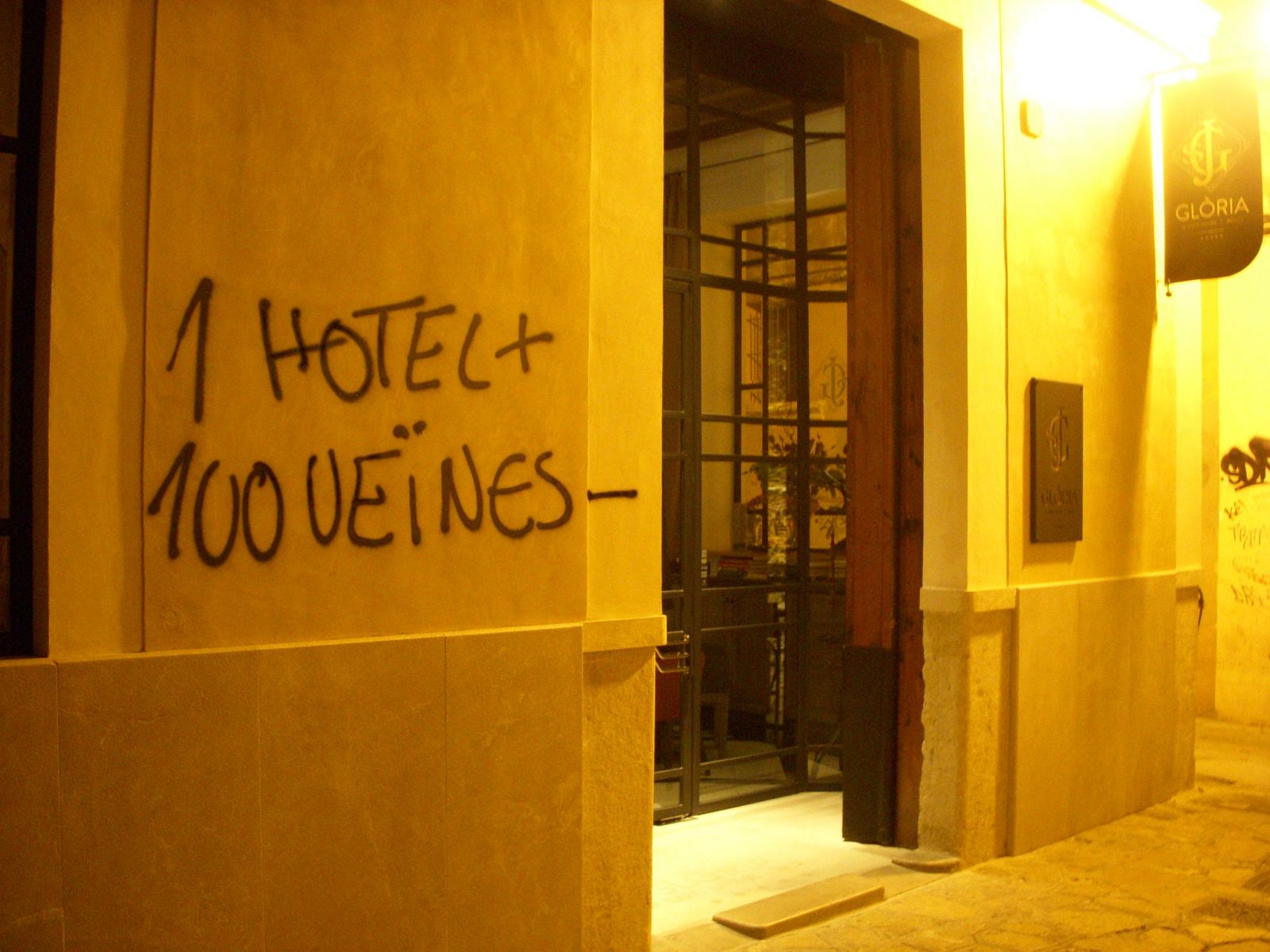
In 2015, the supposedly left-wing tripartite (PSOE, MÉS and PODEM) replaced the PP government of José Ramón Bauzá. Has there been any change in the regulation of tourism?
Doctor B. Amoros: No. Certainly, since the change of government, the supply of tourist attractions has increased more than ever, the destruction of the territory has continued and has been the time when more natural resources have been consumed. Every year records have been broken: job insecurity, low per capita income, air traffic and garbage production.
J. Mesquida: In addition, they have strongly attacked our resistance to tourism.
What resistance have you made to popular movements?
Doctor B. Amoros: For example, a “garland road” was organized, parodiing the nonsense of the tourist consumerist routes, they have been painted, the Arran group performed an action with colored smoke on the pier. Recently, they were painted in the main hotels of Casco Viejo de Palma de Mallorca and the next morning they concentrated in the airport, where some construction projects have been sabotaged. On the other hand, environmental groups such as GV and Terra Ferida have focused on data dissemination. They have shown that over the last 60 years more than 4,000 have been built in the archipelago, for example.
Who enriches tourism?
J. Mesquida: In the documentary we refer to the families Fluxá, Escarrer, Meliá and Barceló. The money generated by tourism comes to a few hands, and those who receive the money go to tax havens, the island receives little profit.
Is the collapse close?
Doctor B. Amoros: It is an unstable industry, where rising oil prices, climate change or a financial crisis can destroy the sector. Of course, we have to get ahead of the situation, because the collapse is immediate.
The Atacama Desert Foundation has denounced on social networks the destruction of the geoglyphs of the area and, through several photographs, has shown the destruction that visitors who travel in 4x4 vehicles to the desert are causing. These are large geoglyphs made between 1000... [+]
Close the computer, put on chanclets, stroke with the sun cream. Where are you going on holiday? We've normalized that vacation is going somewhere, because rest needs distance, we say. And when we make the journey, we will become tourists, even if the change of denomination... [+]
The pintxos of many bars in the Old Part of Donostiarra come to serve in a van with permission to access the old part of Donostia. In the other bars, to eat the potato tortilla pintxo they prepare, you have to queue and take the turn when the morning van enters the old town. A... [+]









